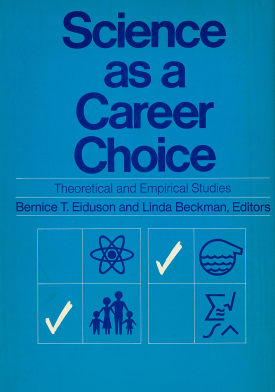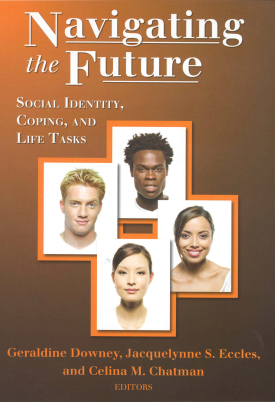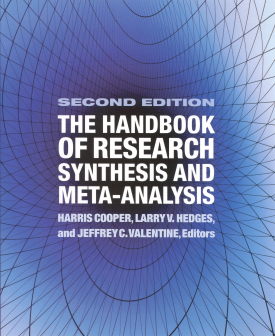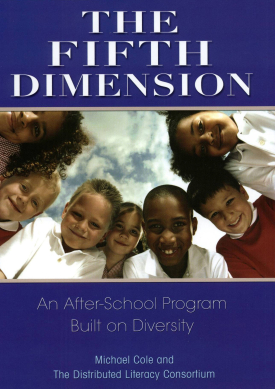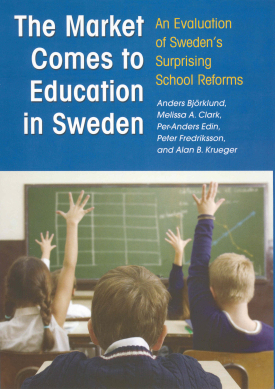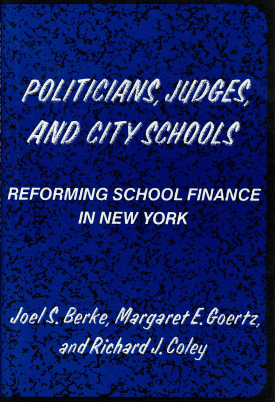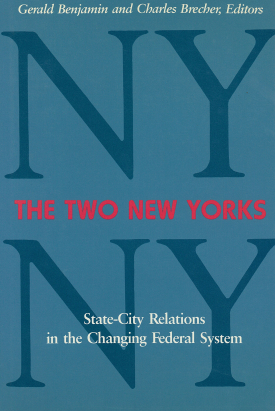Praise for the first edition:
“The Handbook is a comprehensive treatment of literature synthesis and provides practical advice for anyone deep in the throes of, just teetering on the brink of, or attempting to decipher a meta-analysis. Given the expanding application and importance of literature synthesis, understanding both its strengths and weaknesses is essential for its practitioners and consumers. This volume is a good beginning for those who wish to gain that understanding.” —Chance
“Meta-analysis, as the statistical analysis of a large collection of results from individual studies is called, has now achieved a status of respectability in medicine. This respectability, when combined with the slight hint of mystique that sometimes surrounds meta-analysis, ensures that results of studies that use it are treated with the respect they deserve….The Handbook of Research Synthesis is one of the most important publications in this subject both as a definitive reference book and a practical manual.”—British Medical Journal
When the first edition of The Handbook of Research Synthesis was published in 1994, it quickly became the definitive reference for researchers conducting meta-analyses of existing research in both the social and biological sciences. In this fully revised second edition, editors Harris Cooper, Larry Hedges, and Jeff Valentine present updated versions of the Handbook’s classic chapters, as well as entirely new sections reporting on the most recent, cutting-edge developments in the field.
Research synthesis is the practice of systematically distilling and integrating data from a variety of sources in order to draw more reliable conclusions about a given question or topic. The Handbook of Research Synthesis and Meta-Analysis draws upon years of groundbreaking advances that have transformed research synthesis from a narrative craft into an important scientific process in its own right. Cooper, Hedges, and Valentine have assembled leading authorities in the field to guide the reader through every stage of the research synthesis process—problem formulation, literature search and evaluation, statistical integration, and report preparation. The Handbook of Research Synthesis and Meta-Analysis incorporates state-of-the-art techniques from all quantitative synthesis traditions. Distilling a vast technical literature and many informal sources, the Handbook provides a portfolio of the most effective solutions to the problems of quantitative data integration. Among the statistical issues addressed by the authors are the synthesis of non-independent data sets, fixed and random effects methods, the performance of sensitivity analyses and model assessments, and the problem of missing data.
The Handbook of Research Synthesis and Meta-Analysis also provides a rich treatment of the non-statistical aspects of research synthesis. Topics include searching the literature, and developing schemes for gathering information from study reports. Those engaged in research synthesis will also find useful advice on how tables, graphs, and narration can be used to provide the most meaningful communication of the results of research synthesis. In addition, the editors address the potentials and limitations of research synthesis, and its future directions.
The past decade has been a period of enormous growth in the field of research synthesis. The second edition Handbook thoroughly revises original chapters to assure that the volume remains the most authoritative source of information for researchers undertaking meta-analysis today. In response to the increasing use of research synthesis in the formation of public policy, the second edition includes a new chapter on both the strengths and limitations of research synthesis in policy debates and decisions. Another new chapter looks at computing effect sizes and standard errors from clustered data, such as schools or clinics. Authors also discuss updated techniques for locating hard-to-find “fugitive” literature, ways of systematically assessing the quality of a study, and progress in statistical methods for detecting and estimating the effects of publication bias.
The Handbook of Research Synthesis and Meta-Analysis is an illuminating compilation of practical instruction, theory, and problem solving. This unique volume offers the reader comprehensive instruction in the skills necessary to conduct powerful research syntheses meeting the highest standards of objectivity. The significant developments included in the second edition will ensure that the Handbook remains the premier text on research synthesis for years to come.
HARRIS COOPER is professor of psychology and neuroscience at Duke University.
LARRY V. HEDGES is Board of Trustees Professor of Statistics and Social Policy, and Faculty Fellow, Institute for Policy Research, Northwestern University.
JEFFREY C. VALENTINE is assistant professor, Department of Educational and Counseling Psychology, College of Education and Human Development, University of Louisville.
CONTRIBUTORS: Pam M. Baxter, Betsy Jane Becker, Jesse A. Berlin, Michael Borenstein, Geoffrey D. Borman, Brad J. Bushman, Mike Clarke, Thomas D. Cook, Harris Cooper, David S. Cordray, Alice H. Eagly, Joseph L. Fleiss, Leon J. Gleser, Joel B. Greenhouse, Jeffrey A. Grigg, C. Keith Haddock, Larry V. Hedges, Sally Hopewell, Satish Iyengar, Spyros Konstantopoulos, Huy Le, Mark W. Lipsey, Georg E. Matt, Paul Morphy, Ingram Olkin, Robert G. Orwin, Therese D. Pigott, Stephen W. Raudenbush, Jeffrey G. Reed, Hannah R. Rothstein, Frank L. Schmidt, William R. Shadish, Alex J. Sutton, Jeffrey C. Valentine, Jack L. Vevea, Morgan C. Wang, Howard D. White, David B. Wilson, and Wendy Wood.
